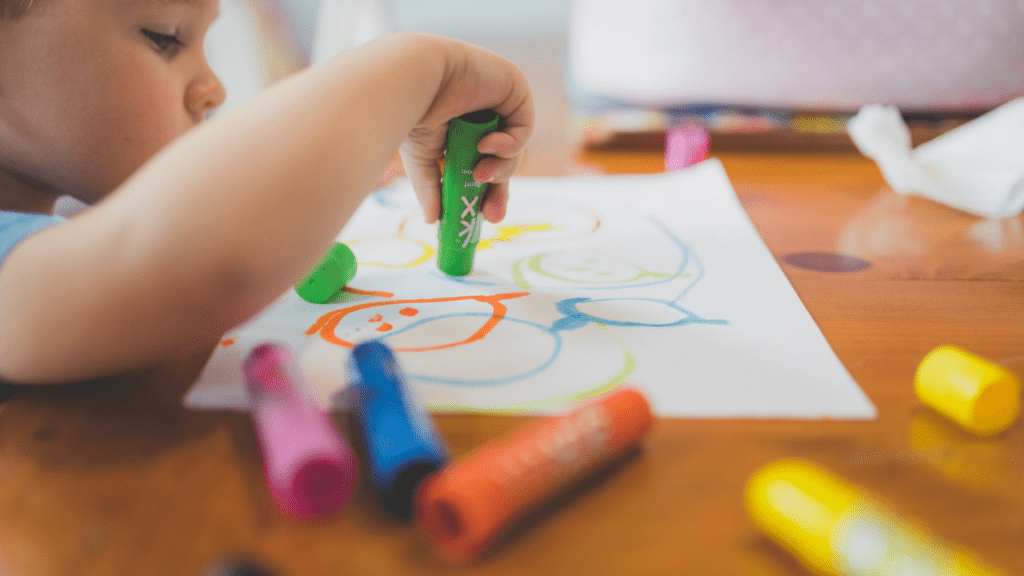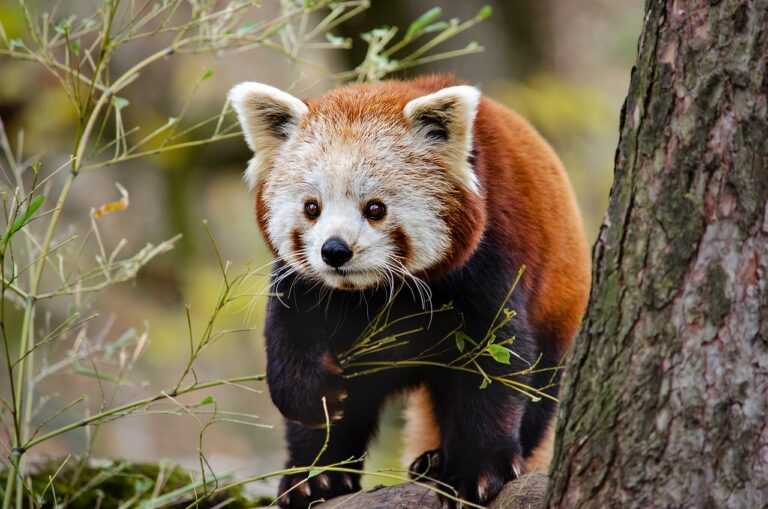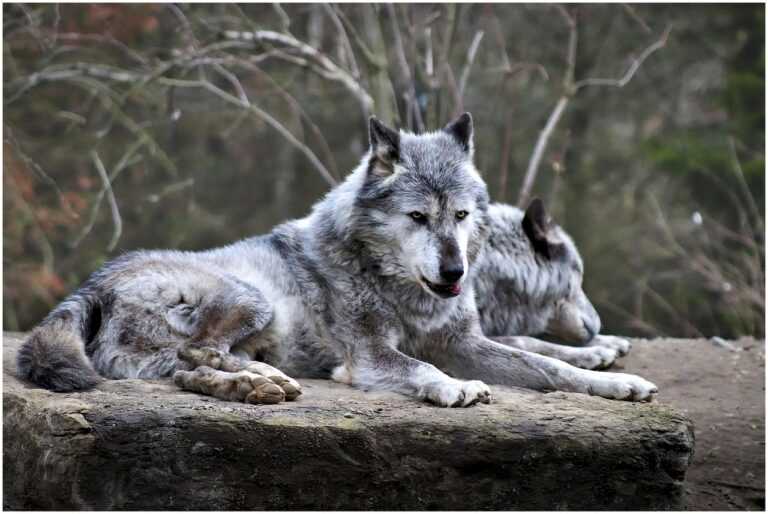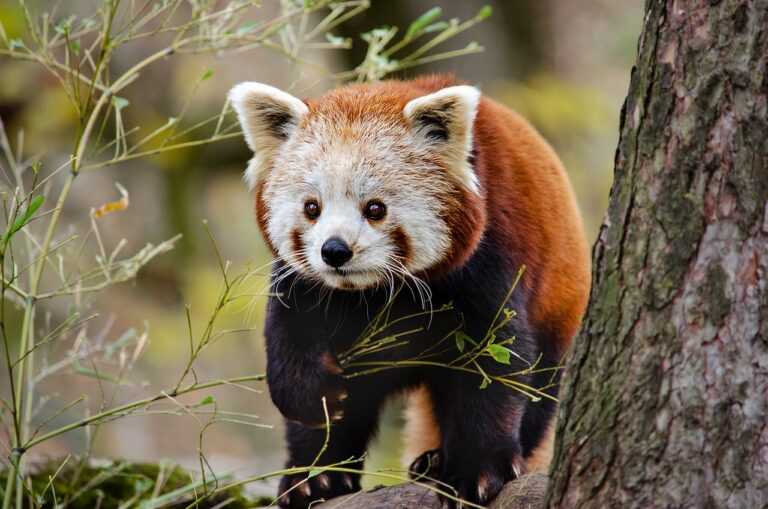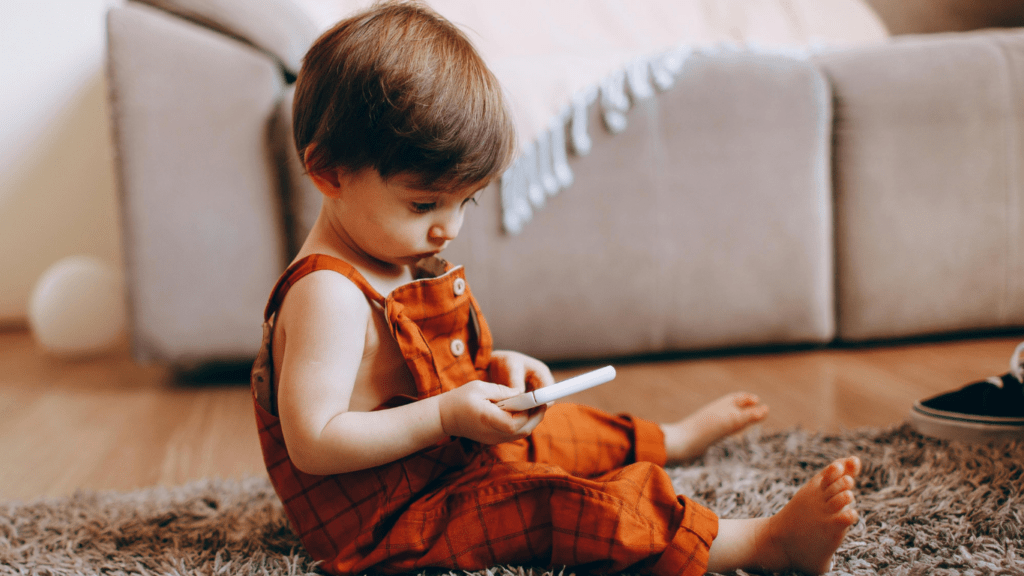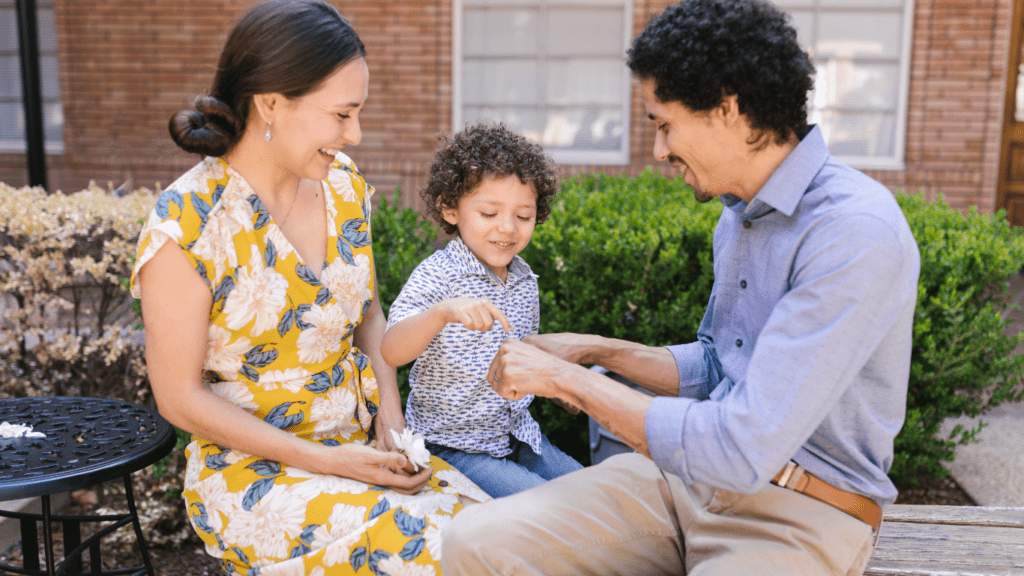Watching a child grow is one of life’s most rewarding experiences, filled with joy and wonder. As they navigate their early years, social milestones play a crucial role in shaping their interactions and relationships.
But how do we know what’s typical and what might warrant a closer look? In this article, I’ll explore the key social milestones in childhood, providing insights into what’s considered normal development.
From the first smiles to the complexities of friendships, understanding these stages can help parents and caregivers support children effectively. Join me as we uncover the signs of healthy social growth and identify when it might be time to seek additional support.
Understanding Social Milestones
Social milestones mark key moments in a child’s social development. Recognizing these milestones helps me better understand what’s typical and what may require attention.
Definition of Social Milestones
Social milestones refer to specific behaviors and skills that children typically exhibit as they grow. These include responding to social cues, engaging in imitation, and forming early friendships.
For instance, by 6 months, babies show social smiles. By age 2, toddlers start engaging in parallel play, playing alongside peers. Each milestone indicates a child’s growing social awareness and ability to connect with others.
Importance in Childhood Development
Understanding social milestones is crucial for assessing overall childhood growth. Social skills contribute to a child’s emotional health, academic success, and future relationships. Children who develop these skills typically demonstrate better cooperation and empathy.
These abilities set the foundation for effective communication and problem-solving. Recognizing when a child reaches or misses a milestone helps me know when to provide additional support or guidance.
Typical Social Milestones
I observe several critical social milestones during childhood development. These milestones provide benchmarks for assessing a child’s social engagement and interactions.
Early Childhood (Ages 0-3)
During early childhood, children typically display notable social behaviors. By 6 months, infants react with smiles to familiar faces and engage in cooing. By 9 months, they begin to respond to social cues, such as waving goodbye.
At 12 months, many children show clear attachment to caregivers, seeking comfort or reassurance. By 18 months, toddlers often engage in simple imitative play, mirroring actions of adults or older children. By the age of 2, children typically start parallel play, where they play alongside peers, showing interest but without direct interaction.
Preschool Age (Ages 3-5)
In the preschool years, social skills further develop. By age 3, children typically engage in cooperative play, sharing toys, and taking turns. Many express their feelings through words, which enhances communication skills.
At 4 years, they often initiate play with others and form friendships, demonstrating preferences for specific playmates. By age 5, children engage in more complex activities involving teamwork and shared goals. They begin to understand social rules, such as taking turns in games, enhancing their ability to interact in group settings.
Early School Years (Ages 6-8)
During early school years, I notice significant growth in children’s social competencies. By age 6, children typically develop strategies for resolving conflicts with peers, using words instead of physical actions.
Social circles expand as they form friendships based on shared interests, and group activities become more common. At age 7, many children display empathy, recognizing the feelings of others and responding appropriately.
By age 8, children often take on roles in group activities and demonstrate leadership skills, showcasing their growing understanding of social dynamics.
Identifying Delays and Concerns
Understanding potential delays in social milestones is essential for ensuring a child’s healthy development. Recognizing the signs of social delays and common challenges in social skills can help parents and caregivers take proactive steps.
Signs of Social Delays
- Limited Eye Contact: Children who avoid eye contact beyond the expected age may struggle with social engagement.
- Infrequent Social Smiles: A lack of smiles in response to familiar faces by 6 months signals possible concerns.
- Delayed Imitation: When children don’t imitate actions or sounds by 18 months, this may indicate a delay in social development.
- Difficulty in Sharing: Children aged 2-3 who resist sharing toys or experiences with peers may face challenges in cooperative play.
- Lack of Verbal Expression: Failing to express emotions verbally by age 3 can point to difficulties in social communication.
- Absence of Friendships: By age 5, a lack of close friendships or an inability to engage in play with peers may warrant further evaluation.
- Challenges in Understanding Social Cues: If a child struggles to interpret facial expressions or tone of voice, this can impact social interactions.
Common Challenges in Social Skills
- Struggles with Communication: Children may find it challenging to initiate conversations or respond appropriately.
- Difficulty in Understanding Emotions: Many children have trouble recognizing their own feelings or the emotions of others.
- Problems in Turn-Taking: Some children face difficulties in waiting for their turn during games or conversations.
- Struggles with Conflict Resolution: Children might not know how to resolve disputes verbally, resorting instead to physical reactions.
- Awkwardness in Group Settings: Many children feel uncomfortable or shy when required to engage in larger groups, affecting participation.
- Repetitive Behaviors: Some children may exhibit repetitive play patterns or behaviors, which can hinder social interaction.
- Limited Interest in Peer Activities: Having little interest in engaging with peers during playtime may reflect deeper social challenges.
Supporting Development
Supporting a child’s social development is essential. Encouraging interactions and being aware of when to seek additional help contribute to overall growth.
Encouraging Positive Social Interactions
I promote positive social interactions by creating opportunities for playdates and group activities. Organizing structured play can help children practice sharing, taking turns, and resolving conflicts.
Providing guidance during interactions fosters communication skills and strengthens relationships. I also recommend modeling positive behavior, as children learn social cues by observing adults. Using praise encourages them to engage with peers and demonstrates the value of cooperation and empathy.
When to Seek Professional Help
Seeking professional help becomes important when consistent social challenges appear. I monitor for signs such as limited eye contact, infrequent social smiles, and difficulties in forming friendships.
If a child struggles with conflict resolution or shows little interest in peer activities, these may indicate underlying issues. Consultation with a pediatrician or child psychologist can provide tailored support and resources. Early intervention can make a significant difference in addressing social development concerns.
